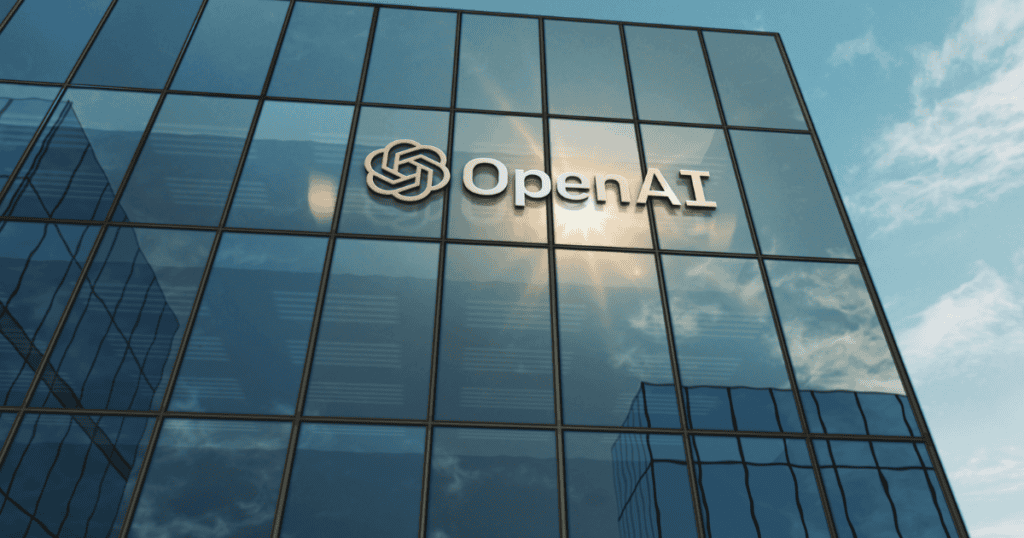The AI landscape is undergoing a significant shift as tech giants like OpenAI, Google, and Anthropic face “diminishing returns” on costly advancements, according to Bloomberg. This trend has prompted a reevaluation of strategies, with companies like Apple standing out for a focused, privacy-centric AI approach that could redefine the sector. Unlike its competitors, Apple has leaned toward creating targeted AI tools that seamlessly integrate into its ecosystem rather than pursuing large, general-purpose models. Here’s a closer look at Apple’s unique strategy, the challenges facing other AI leaders, and what this means for the future of artificial intelligence.
Diminishing Returns for Major AI Models: A Growing Challenge
Leading AI companies have encountered new obstacles in their pursuit of more sophisticated models. With OpenAI’s recent “Orion” model falling short on performance expectations and Google’s Gemini and Anthropic’s Claude 3.5 facing setbacks, questions are emerging around the viability of large language models (LLMs) and the resources they demand. Many experts attribute these challenges to a shortage of high-quality training data and the substantial costs of developing and maintaining these models.
Key Factors Contributing to Diminishing Returns:
- High Costs: Developing and sustaining larger AI models demands substantial resources, driving up expenses.
- Data Scarcity: Access to new, high-quality training data is becoming increasingly difficult, impacting the models’ efficacy.
- Computational Limits: Scaling these models requires significant computational power, which doesn’t always equate to improved performance.
These challenges are prompting some industry leaders to question whether the pursuit of general-purpose AI, or artificial general intelligence (AGI), is worth the substantial investment.
Re-evaluating Strategies: A Shift to Targeted AI Tools and Agents
As AI companies encounter these hurdles, many are exploring alternative paths to achieve impactful results. For instance, OpenAI and Google are now investigating specialized agents that perform specific tasks, like booking flights or managing email, rather than striving for overarching models. This shift suggests a growing recognition that targeted tools may offer better user experiences while avoiding the high costs and technical challenges associated with LLMs.
Benefits of Targeted AI Approaches:
- Cost Efficiency: Targeted models often require fewer resources, making them more cost-effective.
- User Relevance: Focusing on specialized tasks can create more meaningful and useful tools for end users.
- Improved Accuracy: Narrower models can be optimized for specific tasks, leading to higher precision and reliability.
This pivot also underscores a deeper understanding within the industry: achieving functional, valuable AI applications may require a different focus than previously imagined.
Apple’s Privacy-Centric AI Approach: A Strategic Alternative
Apple has taken a distinct path in the AI space by focusing on privacy-first, feature-specific AI enhancements within its ecosystem, known as Apple Intelligence. Rather than competing directly with LLMs, Apple has opted to develop AI features that work within its existing ecosystem, such as improved Siri functionality, on-device image generation, and natural language enhancements.
Apple Intelligence: AI Features That Respect Privacy
Apple’s approach offers several benefits over traditional LLM models:
- On-Device Processing: Apple’s AI features operate primarily on-device, safeguarding user data.
- Selective Cloud Support: Apple’s Private Cloud Compute servers are only accessed when more intensive processing is needed.
- Privacy-First Innovation: Apple’s approach aligns with its privacy-focused philosophy, enhancing user experience without compromising security.
This approach allows Apple to deliver advanced AI capabilities without requiring users to sacrifice their personal data, a contrast to many cloud-dependent AI models.
Key Features of Apple Intelligence in iOS 18.2 and Beyond
As Apple continues to refine its AI capabilities, several new features will be rolled out in iOS 18.2 and future updates, further enhancing the Apple user experience. Key upgrades include improvements to Siri’s ability to handle more complex queries, new writing and editing tools, and image generation capabilities.
Upcoming AI Features in Apple’s Ecosystem:
- Siri Enhancements: Siri will gain the ability to seamlessly transition queries to ChatGPT for broader responses.
- Writing Tools: Enhanced AI-powered writing tools will allow users to draft messages, emails, and notes with greater ease.
- Image Generation: New on-device image generation features enable users to create visual content while maintaining privacy.
- Apple Vision Integration: AI-driven updates for the Apple Vision Pro offer immersive, personalized experiences tailored to each user.
Apple’s selective deployment of AI capabilities reaffirms its stance on using technology to enhance usability without compromising data integrity, setting a new standard for AI in consumer electronics.
The Broader Industry Implications of Apple’s AI Strategy
As leading AI companies reevaluate their focus in light of resource challenges, Apple’s strategic decision to prioritize specialized AI features over AGI could reshape industry norms. By focusing on task-specific enhancements and privacy-centric design, Apple is charting a path that could encourage other tech companies to reassess their approaches to AI development.
Potential Long-Term Impacts on the AI Industry:
- Shift Toward Specialized Models: As companies recognize the cost-effectiveness of targeted AI, the trend may shift toward models that focus on specific applications.
- Increased Privacy Standards: Apple’s commitment to privacy may prompt other companies to integrate more user-centric data policies.
- Enhanced User Experience: Prioritizing user-friendly, purpose-driven AI tools can make advanced technology more accessible and beneficial for everyday use.
Apple’s approach offers a compelling vision of AI development that balances functionality with privacy, which could become the industry’s preferred model if LLMs continue to encounter diminishing returns.
The Future of AI Development: Targeted Models Over AGI?
Apple’s AI strategy reflects a forward-thinking approach that prioritizes tailored functionality over the lofty ambition of AGI. As AI companies face greater challenges in building expansive models, Apple’s emphasis on privacy-conscious, purpose-built AI features could become a guiding example. The potential shift toward specialized models indicates that the future of AI may lie in practical applications that enhance specific user tasks rather than creating all-encompassing intelligence.
With updates like iOS 18.2 and ongoing developments in Apple Intelligence, Apple continues to enhance its ecosystem by delivering AI features that respect privacy and serve specific needs. This model may ultimately validate a more focused approach to AI, offering practical tools that improve user experience while safeguarding data.
Conclusion: Apple’s Strategic Focus Offers a Path Forward for AI
In an era where major AI players face escalating costs and challenges, Apple’s measured, privacy-driven AI approach serves as an example of the value of specialized, user-focused technology. By addressing targeted needs within its ecosystem, Apple has managed to avoid the pitfalls of large-scale LLMs, delivering AI enhancements that align with user expectations and privacy concerns.
As the AI landscape continues to evolve, Apple’s approach to AI could lead the way in redefining success. Its dedication to creating AI features that prioritize both functionality and privacy demonstrates how consumer tech companies can navigate AI’s complexities to meet real-world demands effectively.




